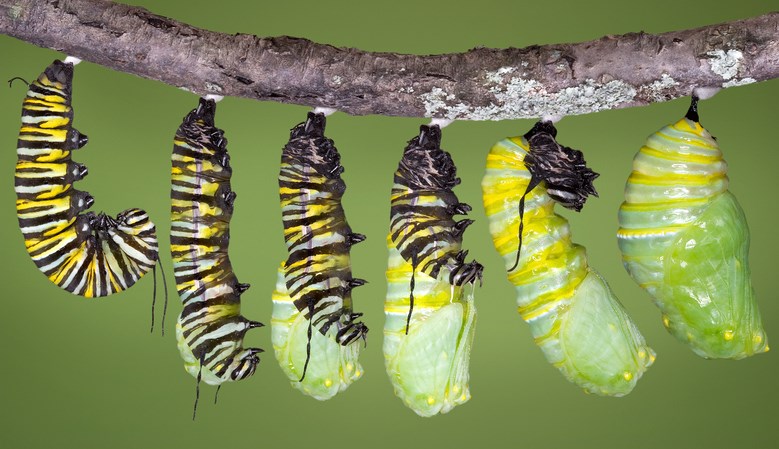If you are someone who doesn’t exactly believe Einstein’s theory that time is an illusion, chances are you haven’t lived in Whistler long.
How many times have we heard that classic Whistler story? You know the one: someone shows up for a weekend or two, blinks, and then, next thing they know, years have passed, and they have gone from merely flirting with the Whistler lifestyle to fully embodying it.
It’s the kind of expansion and contraction of time I have experienced first-hand myself. When I first landed in the resort in 2012, I told myself I’d be lucky if I lasted a year, and a decade later, I’m still here, more sucked into the Whistler cocoon than I ever was, still feeling like the past 10 years were mostly a blur.
I have a few theories as to why Tiny Town can feel like such a time warp, and it has little to do with quantum physics (sorry, Albert!). First and foremost, time flies when you’re having fun, as the saying goes, and Whistler is of course designed with fun at top of mind, an outdoor lover’s paradise. The fact that we’re a consummate party town offering any number of ways to imbibe I’m sure does not help in the memory department, either.
But more influential than that, in my opinion, are the cyclical rhythms that govern everything we do here. Although we are less divided along seasons than we used to be, thanks to efforts to transform Whistler into a four-season resort, the reality is we still hew to the same recurring patterns that come with being a ski destination. We know, for instance, that every November brings with it a fresh influx of front-line staff, and that every May brings with it a mass exodus of residents (and restaurant deals!). Although the faces may change, the cycle remains the same, year after year, and that hamster-wheeling has a way of dimming our memories. It’s something we talk about in the Pique newsroom, where the weekly grind of putting out a paper means that, after a while, the weeks tend to blend together—a hamster wheel within a hamster wheel.
There are few communities on Earth that have to organize and reorganize themselves with such frequency and at such scale as we do, and the constant churn can have a stultifying effect on Whistler’s institutional memory, something I wrote about in a recent column. It makes the work of preserving and sharing the resort’s history and present all the more essential.
“I think every community can struggle in how it preserves and documents peoples’ experiences, and also what it deems important to preserve,” wrote Whistler Museum executive director Brad Nichols in an email this winter. “The experiences of people coming to Whistler for a season can often be overlooked and can be harder to document, but are no less valuable than that of long-term residents and the broader institutional knowledge of the area.”
As I wrestle with what my own post-Whistler life could look like, I have been questioning whether the alluring pull of the Whistler cocoon has impacted more than just my memory. We are a community of risk-takers, and I’m not just talking about the adrenaline junkies who huck themselves off cliffs. To even eke out an existence here in one of the most expensive towns in the country, in one of the tightest housing markets around, requires a leap of faith. And for the same reasons that can make it difficult to live here, we have become adept at convincing ourselves that pursuing a life of passion makes all the hardship worth it. Maybe it is. That’s a calculation that each of us has to make individually. But I think the same rationale we use to justify our lifestyle here is the same one that can prevent us from stepping out of the infamous Whistler bubble. Let’s face it: life here, for all its inherent challenges, is pretty simple, and compared to the so-called “real world,” definitely has its appeal.
So, how to know when to pull the plug? That’s the million-dollar question. As I’ve seen several friends and longtime locals leave the resort for greener pastures in recent months, I sometimes wonder if we’re the last ones left at a party that has stretched far too late into the wee hours.
I don’t have the answers, and I’m certainly not finger-wagging anyone who has carved out a meaningful life for themselves here. I just hope when my time finally comes to bust out of the Whistler cocoon that I will take that leap with clear eyes and open arms.




